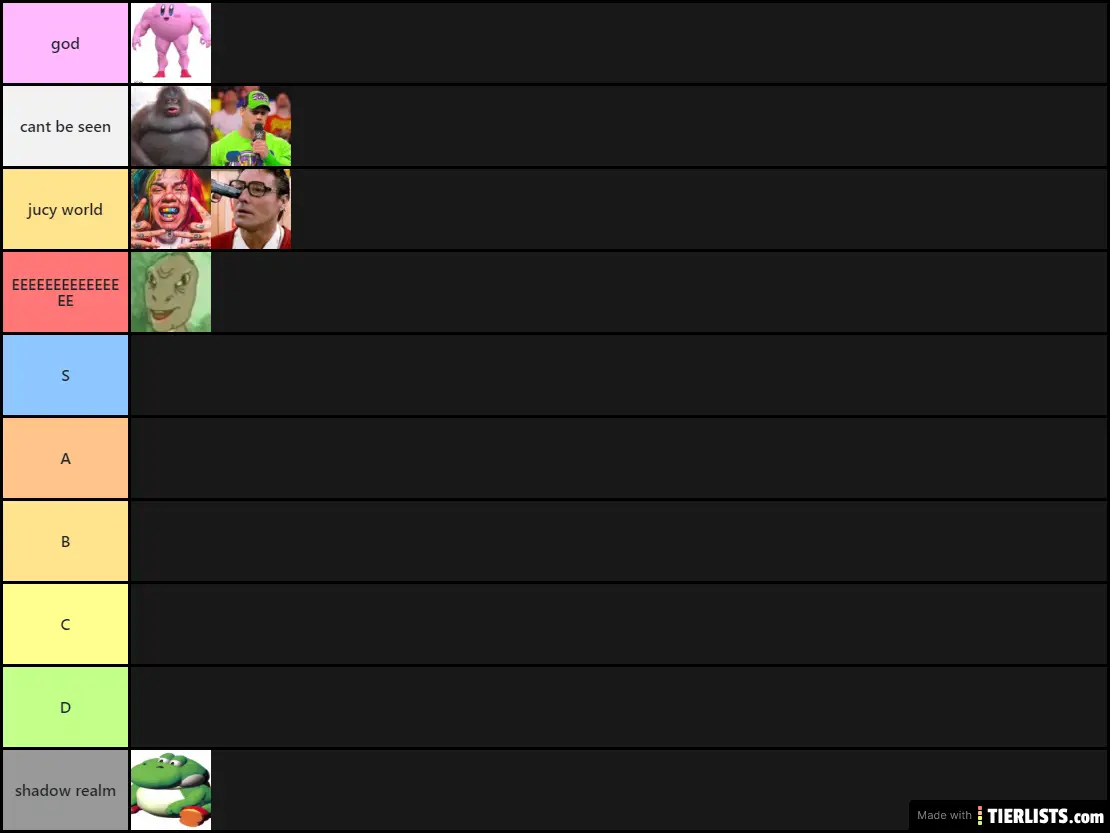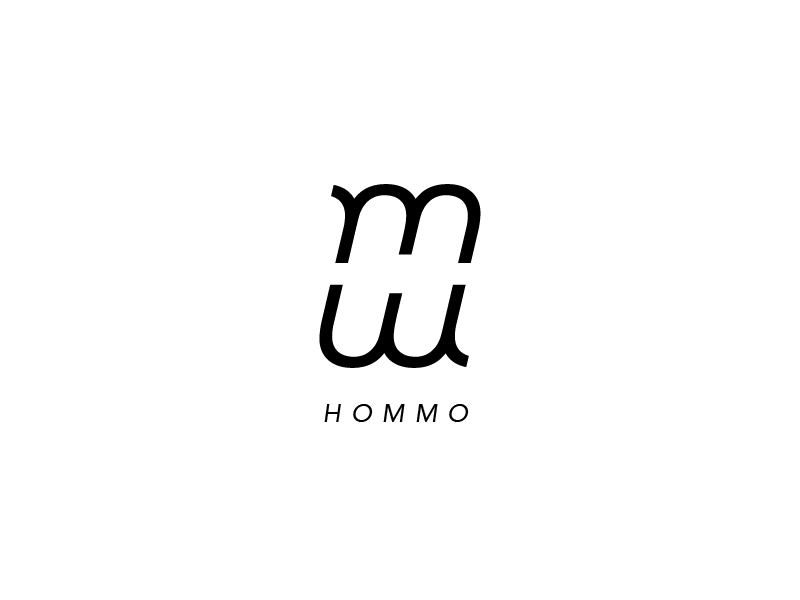Hommo: Unveiling The Mysteries And Significance Of This Unique Term
Let me tell you something interesting about hommo. This term might sound unfamiliar to some, but it carries a deep historical and cultural significance. Hommo, in its essence, represents the core of human existence, derived from the Latin word "homo," meaning human or man. But what does it really mean in today’s world? That’s exactly what we’re diving into today, so buckle up!
Now, you might be wondering, why should you care about hommo? Well, understanding this concept can help you connect the dots between ancient philosophy and modern life. It’s not just about etymology; it’s about exploring what it means to be human in an ever-changing world. So, whether you’re a history buff or just someone curious about the roots of our existence, this article has got you covered.
Before we dive deeper, let’s set the stage. The term hommo has been around for centuries, influencing everything from scientific classifications to philosophical debates. Today, we’ll explore its origins, significance, and how it relates to our daily lives. Trust me, by the end of this article, you’ll have a whole new perspective on what it means to be a part of the human family.
Read also:Pablo Escobar Love Life A Journey Through His Heart And Legacy
What Exactly is Hommo?
So, let’s break it down. Hommo is essentially a term that traces its roots back to Latin. The word "homo" means human or man, and it’s the foundation for many scientific and philosophical concepts. For instance, Homo sapiens is the scientific name for modern humans, highlighting our place in the biological hierarchy. But hommo isn’t just about biology; it’s also about the philosophical and cultural implications of being human.
In today’s world, hommo can represent the essence of humanity. It’s about understanding our shared history, values, and experiences. Whether you’re talking about ancient civilizations or modern societies, the concept of hommo remains relevant. It’s a reminder that, despite our differences, we all belong to the same human family.
Origins of the Term Hommo
The origins of hommo can be traced back to ancient Rome, where Latin was the dominant language. Back then, the term "homo" was used to describe humans in a general sense. Over time, it evolved to encompass more specific meanings, such as Homo sapiens in biology or homo economicus in economics. Each variation highlights a different aspect of human existence, making the term incredibly versatile.
Interestingly, the use of hommo in philosophical discourse gained traction during the Enlightenment. Thinkers like Descartes and Kant used variations of the term to explore what it means to be human. They questioned our place in the universe, our moral responsibilities, and our capacity for reason. These discussions laid the groundwork for modern interpretations of hommo.
Hommo in Science: Understanding Homo Sapiens
When we talk about hommo in science, we’re primarily referring to Homo sapiens. This species, which includes us modern humans, has been around for about 300,000 years. But what makes Homo sapiens so special? It’s our ability to think abstractly, create complex societies, and adapt to various environments.
Scientists have discovered that Homo sapiens coexisted with other hominins, such as Neanderthals and Denisovans. Through genetic analysis, we now know that there was some interbreeding between these groups. This means that the concept of hommo isn’t just about one species; it’s about the interconnectedness of all human-like beings.
Read also:Emily Compagnos Husband The Inside Story Yoursquove Been Craving
The Evolution of Homo Sapiens
Let’s take a closer look at the evolution of Homo sapiens. Fossil records show that our ancestors first appeared in Africa, and from there, they spread across the globe. This migration was driven by a combination of environmental factors, such as climate change, and human curiosity. As Homo sapiens explored new territories, they developed unique cultures and technologies.
One of the most fascinating aspects of Homo sapiens evolution is the development of language. This ability to communicate complex ideas set us apart from other species and allowed us to build thriving societies. Today, language continues to shape our understanding of hommo and its significance in the modern world.
Hommo in Philosophy: Exploring Human Existence
Philosophers have long been fascinated by the concept of hommo. From ancient Greek thinkers like Aristotle to modern philosophers like Heidegger, the question of what it means to be human has been a central theme. These discussions often revolve around themes like morality, consciousness, and free will.
For instance, Aristotle believed that humans are rational animals, capable of reasoning and making moral decisions. On the other hand, Heidegger focused on the idea of "Dasein," or being-there, emphasizing the importance of existence in understanding hommo. These diverse perspectives highlight the complexity of the term and its relevance to philosophical discourse.
Key Philosophical Concepts Related to Hommo
- Homo Economicus: The idea that humans are rational beings who make decisions based on economic self-interest.
- Homo Ludens: The concept that play is a fundamental aspect of human nature.
- Homo Faber: The belief that humans are creators and inventors, shaping their environment through technology.
These concepts show how philosophers have approached the idea of hommo from different angles, each offering unique insights into the human condition. By exploring these perspectives, we can gain a deeper understanding of what it means to be human.
The Cultural Significance of Hommo
Culture plays a crucial role in shaping our understanding of hommo. From art and literature to religion and politics, the concept of being human is woven into the fabric of every society. Take, for example, the ancient Greeks, who celebrated human achievement through their art and mythology. Their stories of gods and heroes reflect their understanding of hommo and its place in the cosmos.
In modern times, the cultural significance of hommo is evident in movements like humanism. This philosophy emphasizes the value and agency of human beings, individually and collectively. It encourages us to embrace our humanity and strive for a better world. Whether through art, science, or activism, the concept of hommo continues to inspire and guide us.
How Culture Shapes Our Understanding of Hommo
Let’s examine how culture influences our perception of hommo. In some societies, the concept is closely tied to religion, with beliefs about the soul and afterlife shaping ideas about human existence. In others, science and technology take center stage, with advancements in medicine and artificial intelligence redefining what it means to be human.
Even popular culture contributes to our understanding of hommo. Movies, TV shows, and books often explore themes of identity, morality, and the human condition. These narratives help us make sense of our place in the world and our relationships with others. By engaging with these cultural expressions, we can deepen our appreciation of hommo and its significance.
Hommo in the Digital Age: Navigating the Future
As we enter the digital age, the concept of hommo takes on new dimensions. With the rise of artificial intelligence, virtual reality, and genetic engineering, we’re faced with questions about what it means to be human in a rapidly changing world. Are machines capable of possessing human-like qualities? Can we enhance our own abilities through technology without losing our essence as hommo?
These are just a few of the questions that scientists, philosophers, and ethicists are grappling with today. The answers will shape the future of humanity and our understanding of hommo. As we navigate this uncharted territory, it’s important to remember the core values that define us as human beings.
Key Challenges and Opportunities
- Artificial Intelligence: Exploring the potential and ethical implications of AI in relation to human existence.
- Genetic Engineering: Considering the possibilities and risks of enhancing human capabilities through genetic modification.
- Virtual Reality: Understanding how immersive technologies impact our perception of reality and identity.
These challenges and opportunities highlight the dynamic nature of hommo in the digital age. By addressing them thoughtfully, we can ensure that technology serves humanity rather than diminishes it.
Hommo and Mental Health: A Modern Perspective
Mental health is an increasingly important aspect of understanding hommo in today’s world. With rising rates of anxiety, depression, and other mental health issues, it’s crucial to explore how these conditions affect our sense of self and community. The concept of hommo can provide a framework for addressing these challenges and promoting well-being.
For instance, mindfulness practices and cognitive-behavioral therapy offer tools for cultivating a healthier relationship with ourselves and others. By embracing our humanity, we can overcome obstacles and thrive in a complex world. The concept of hommo serves as a reminder that we’re all interconnected and capable of growth and change.
Practical Tips for Enhancing Mental Well-Being
- Practice mindfulness daily to stay grounded and present.
- Engage in meaningful conversations with friends and family to build strong relationships.
- Pursue hobbies and activities that bring joy and fulfillment.
These simple yet powerful strategies can help us maintain our mental health and deepen our understanding of hommo. By prioritizing our well-being, we honor the essence of what it means to be human.
Conclusion: Embracing the Essence of Hommo
In conclusion, the concept of hommo is a rich and multifaceted one that touches on biology, philosophy, culture, and technology. By exploring its various dimensions, we gain a deeper appreciation for what it means to be human. Whether you’re diving into the scientific classification of Homo sapiens or pondering the philosophical implications of existence, the term hommo offers endless opportunities for discovery.
So, what’s next? I encourage you to share your thoughts and insights in the comments below. Let’s continue the conversation and explore the many facets of hommo together. And don’t forget to check out our other articles for more fascinating content on topics that matter to you.
Table of Contents
- What Exactly is Hommo?
- Origins of the Term Hommo
- Hommo in Science: Understanding Homo Sapiens
- The Evolution of Homo Sapiens
- Hommo in Philosophy: Exploring Human Existence
- Key Philosophical Concepts Related to Hommo
- The Cultural Significance of Hommo
- How Culture Shapes Our Understanding of Hommo
- Hommo in the Digital Age: Navigating the Future
- Key Challenges and Opportunities
- Hommo and Mental Health: A Modern Perspective
- Practical Tips for Enhancing Mental Well-Being
Article Recommendations

